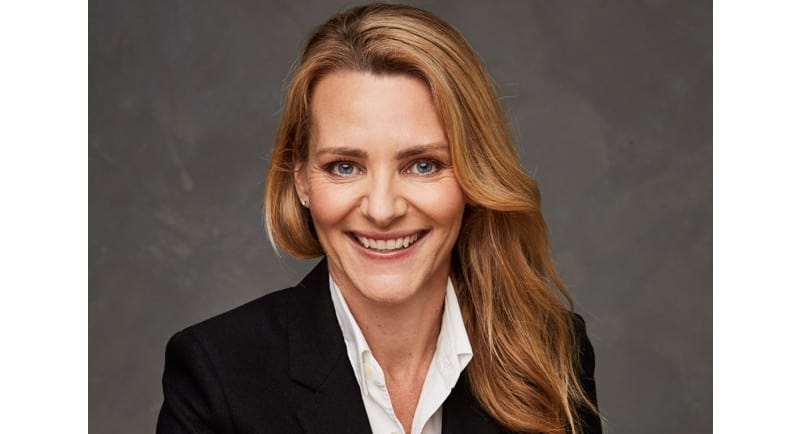Impending government measures and industry regulations on greenwashing may cause brands to “turn inward” and reduce their investment in sustainability, according to TBWA\Melbourne chief executive Kimberlee Wells.
Wells, who also heads up Sustain by TBWA, the global sustainability consultancy arm, told Mediaweek pitchforking and the core belief that brands and advertisers are “guilty” are problematic.
“There’s a bunch of organisations that have set up now to name and shame those that are considered to be major culprits. I take a slightly different view,” she said.
“I do genuinely believe that most people don’t go into this thinking [we] want to deceive the public and sell them something that it’s not.”
The discussion surrounding trends of greenwashing in advertising intensified towards the end of last year, as industry watchdogs Australian Competition & Consumer Commission (ACCC) and Australian Securities & Investments Commission (ASIC) announced their commitments to take action against the issue in 2024.
The greenwashing debate has been fueled further as advocacy body, the Australian Association of National Advertisers (AANA), released the exposure draft of its amended Environmental Claims Code for public commentary in January.
See also:
ASIC commits to continue greenwashing crackdown in 2024
AANA targets greenwashing practices in advertising, CEO Josh Faulks declares, “it’s critical.”
“The real issue with that is that point around how that’s likely to impede progress,” said Wells, with reference to the TBWA-coined phenomenon of “perfection paralysis.”
She continued, “I think that if we don’t have the very worst offenders stepping up to the plate and communicating at the very least their transition plan, then the progress will be slowed, because we need the worst offenders to take the biggest measures.”
At the same time, Wells also highlights the consequences of brands that excel in their sustainability practices receiving an “unfair share” of attention and applause as a result of the crackdowns.
“The reason I’ve got a problem with that is that none of us are perfect at the moment. It’s been hundreds of decades of impact to the environment to get us to this point.”
“I agree with the government’s intervention; I agree with the ACCC and what the AANA are doing in terms of trying to put some guardrails in and say, if you purposefully step into this, and you arrive with the objective of deceiving, [then] that’s bad. Smack on the hand.”
“But I also believe that consumers are confused,” she added.
“Consumers are looking for somewhere to place their money, but if everyone becomes quite concerned about what it is that they say, then we leave an unmet need out in the consumer world [so] I think we have to keep talking about it.”
Ultimately, Wells is hopeful the greenwashing policies will help distinguish the brands motivated by responsibility, versus those driven solely by profitability.
But in order to achieve this, Wells stated, “some [brands] actually need to be able to communicate on the small things without fear of backlash because they haven’t necessarily got all the big things right.”
“Unfortunately, those that are going first are the ones that are being hung out to dry.”
See also: Josh Faulks: Industry needs to work with government and consumers to overcome greenwashing
–
Top Image: Kimberlee Wells
